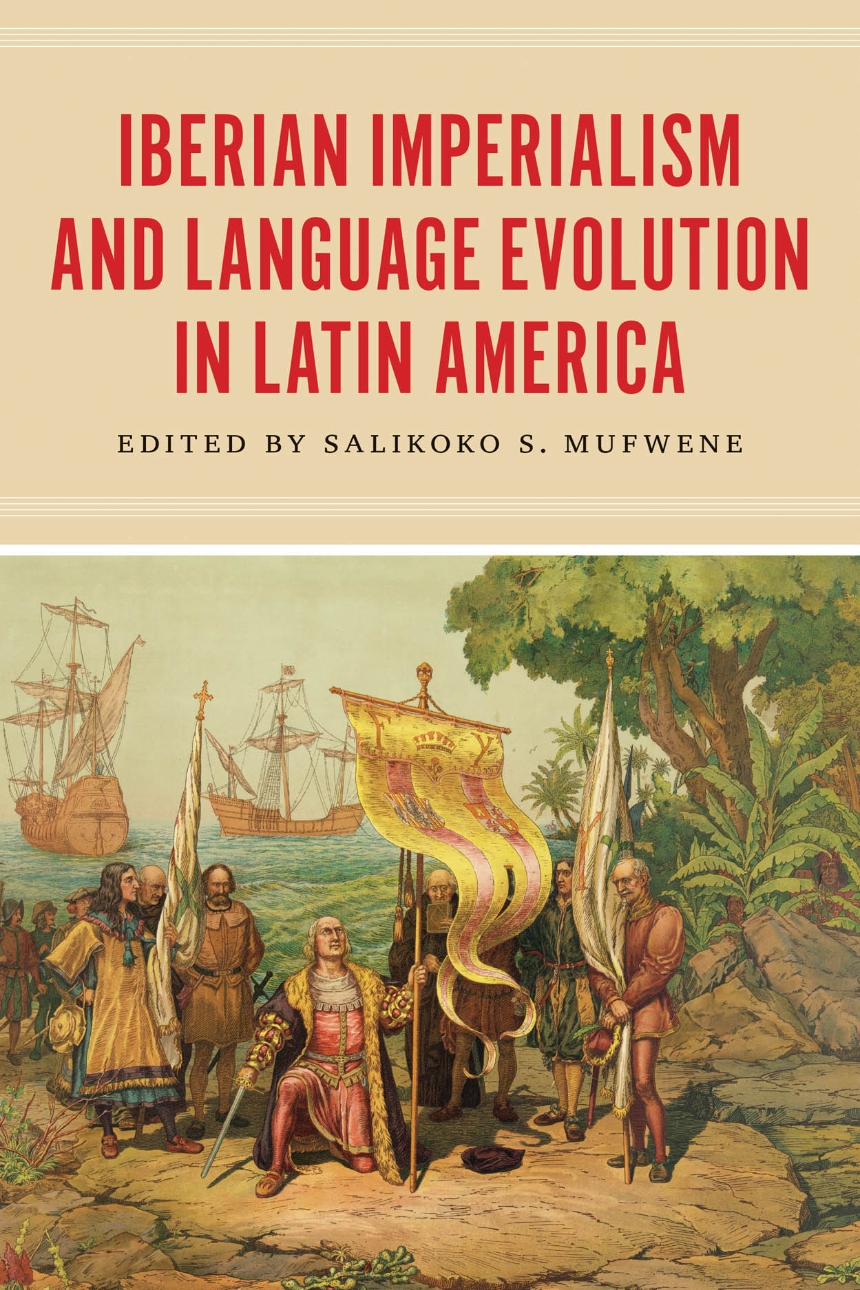Iberian Imperialism and Language Evolution in Latin America
Iberian Imperialism and Language Evolution in Latin America
The essays approach language development through an ecological lens, exploring the effects of politics, economics, cultural contact, and natural resources on the indigenization of Spanish and Portuguese in a variety of local settings. They show how languages adapt to new environments, peoples, and practices, and the ramifications of this for the spread of colonial languages, the loss or survival of indigenous ones, and the way hybrid vernaculars get situated in larger political and cultural forces. The result is a sophisticated look at language as a natural phenomenon, one that meets a host of influences with remarkable plasticity.
368 pages | 7 halftones, 3 line drawings, 27 tables | 6 x 9 | © 2014
Anthropology: Cultural and Social Anthropology
Language and Linguistics: Anthropological/Sociological Aspects of Language, General Language and Linguistics, Language History and Language Universals
Reviews
Table of Contents
Preface
1 Latin America: A Linguistic Curiosity from the Point of View of Colonization and the Ensuing Language Contacts
Salikoko S. Mufwene
2 The Many Facets of Spanish Dialect Diversifi cation in Latin America
John M. Lipski
3 Amerindian Language Islands in Brazil
Hildo Honório do Couto
4 Historical Development of Nheengatu (Língua Geral Amazônica)
Denny Moore
5 Language and Conquest: Tupi-Guarani Expansion in the European Colonization of Brazil and Amazonia
M. Kittiya Lee
6 African Descendants’ Rural Vernacular Portuguese and Its Contribution to Understanding the Development of Brazilian Portuguese
Heliana Mello
7 Brazilian Portuguese and the Ecology of (Post-)Colonial Brazil
J. Clancy Clements
8 Maya and Spanish in Yucatán: An Example of Continuity and Change
Barbara Pfeiler
9 Standard Colonial Quechua
Alan Durston
10 Linguistic Subjectivity in Ecologies of Amazonian Language Change
Christopher Ball
11 The Ecology of Language Evolution in Latin America: A Haitian Postscript toward a Postcolonial Sequel
Michel DeGraff
Contributors
Subject Index
Author Index
